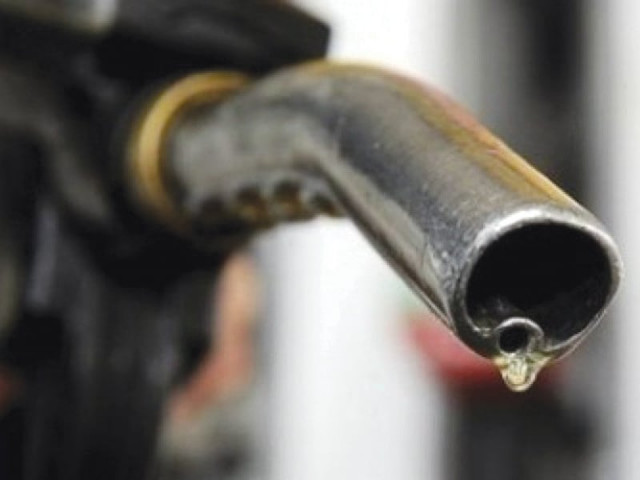Push to develop strategic reserves of POL products
Country can use POL products out of reserves during global oil prices hike

The Cabinet Committee on Energy (CCoE) has directed the Oil and Gas Regulatory Authority (Ogra) to conduct a pragmatic study to develop strategic reserves of petroleum products in the country to help Pakistan take benefit of a slump in oil prices globally.
The decision was taken during a meeting of the committee held under the chairmanship of Federal Minister for Planning, Development and Special Initiatives Asad Umar here in Islamabad on Friday.
The Petroleum Division presented a report on the development of strategic petroleum reserves. The meeting was informed that a working group comprising OGDCL, PSO, PEPCO, PARCO, TPPL and PRL was constituted to develop a concept paper and study the strategic reserves requirement in the country.
The group has completed the initial assessment and a detailed feasibility study is being planned based on the recommendations of the working group.
According to sources, there could be different options to build the strategic reserves, one of them being Pakistan’s oil marketing companies (OMCs) could build oil reserves with the government on a shared model.
In the prospective study, Ogra will also focus on tariff, heads of terms, capacity and locations of proposed strategic reserves of petroleum products.
It was informed that the maritime ministry has also developed a proposal in this regard. Therefore, the CCoE was directed to constitute a committee under OGRA with the maritime ministry and Petroleum Division as members for finalizing the proposal and reviewing the detailed framework for the establishment of strategic petroleum reserves.
Earlier, the government had formed a working group to form a concept paper on building strategic reserves in the country.
Read More: OGRA slashes UFG charges
Sources said that Pakistan State Oil (PSO) was proposed earlier to build strategic reserves.
However, it was estimated that PSO would need Rs15 to Rs20 billion to build these reserves.
The working group had proposed to the government to set up a separate company with a mandate to build the reserves, asking it to allocate Rs1 to Rs2 per litre out of Petroleum Levy (PL) to raise funds for building them.
It further suggested that a separate company should manage funds to build strategic reserves and added that Pakistan could store more petroleum products in the storage at a time when prices face decline globally.
The country could also use petroleum products out of the reserves at a time when oil prices go up globally.
Mulling over whether the government should build storage for crude oil or just petroleum products, the officials said that the countries with storage for crude oil had higher refining capacity, adding that Pakistan had only 40 per cent refining capacity and the rest was imported. “Therefore, a more feasible option was to build storages for finished petroleum products.”
Moreover, Pakistan imports petroleum products from the South to meet demand in the North. Therefore, the working group had recommended building storage in the North.
The CCoE also considered the summary presented by Power Division on standard security agreements for small hydropower projects (up to 50MW) under the Power Generation Policy 2015. It was informed that the policy envisaged the development of large as well as small hydel projects (SHPPs). CCoE agreed with the framework for the ongoing and committed power projects.
For small dams, the CCoE said that they have already directed and approved policy for the creation of a market-based system so that the risk and liability do not rest with the taxpayer of Pakistan. These guidelines include the Competitive Trading Bilateral Contracts Market (CTBCM) and “Wheeling Policy” which have both been designed for this very purpose. It was further directed that this policy framework for small dams should be consistent with the overall policy direction.
The committee also reviewed the Circular Debt Report September 2021 submitted by the Power Division and appreciated the reduced accumulation of circular debt.
The meeting was attended by Minister for Finance, Minister for Energy, Advisor to PM on Commerce & Industries, SAPM on CPEC and representatives of regulatory authorities and senior officials of Ministries/Divisions also participated in the meeting.



















COMMENTS
Comments are moderated and generally will be posted if they are on-topic and not abusive.
For more information, please see our Comments FAQ